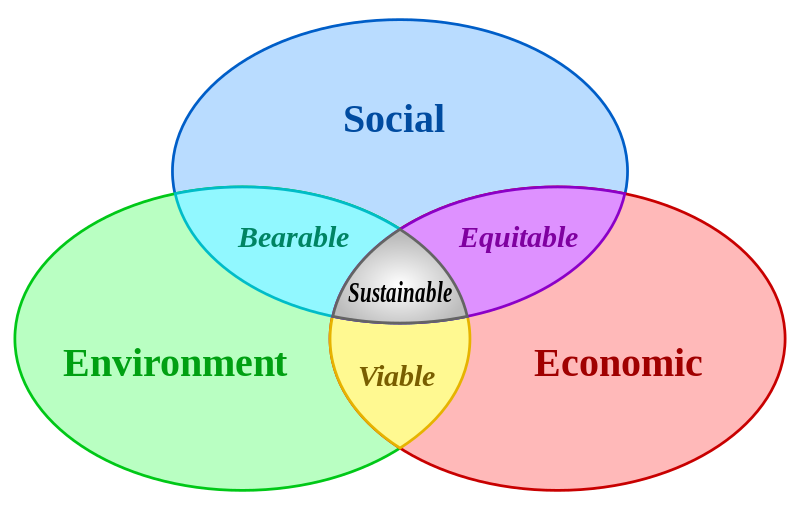Worldline Enhances Compliance Framework Amid Regulatory Scrutiny

**Paris, La Défense — June 25, 2025** In response to increasing regulatory pressures within High Brand Risk (HBR) sectors, Worldline Group has announced significant enhancements to its merchant risk management framework. These changes, effective immediately, follow a thorough review of their HBR portfolio, which includes online casinos, stockbroking services, and adult dating platforms, all of which are increasingly scrutinized by regulators worldwide.
According to Worldline, which operates in a dynamic regulatory environment, approximately 1.5% of its acquired volumes are linked to HBR activities. The Group reported a strategic decision to terminate relationships with non-compliant merchants, a move that is expected to impact roughly €130 million in revenue for the fiscal year 2024. This decision aligns with previous communications regarding financial performance and risk management strategies, indicating a proactive stance by Worldline to align with best practices in compliance and risk prevention.
Worldline's fraud ratio remains below industry averages, as reported in the latest international schemes reports, reinforcing the Group's commitment to maintaining high standards of financial integrity. The company has implemented enhanced oversight procedures for all remaining HBR clients, which include stricter controls, verifications, and documentation requirements to ensure compliance with regulatory obligations. This initiative is part of Worldline's broader Financial Crime Compliance (FCC) strategy, designed to strengthen supervision and engagement with regulatory authorities.
Sandrine van der Ghinst, a spokesperson for Worldline, emphasized the company's zero-tolerance policy towards non-compliance. "We are fully committed to strict adherence to regulatory standards and risk prevention protocols," she stated. This rigorous approach includes immediate checks and potential termination of client relationships upon identifying any indications of non-compliance.
**Context and Significance** Worldline's response comes at a time when financial technology firms are under increasing scrutiny to ensure compliance with evolving regulations. The company's proactive measures reflect an industry-wide trend where transparency and regulatory compliance are paramount for sustaining consumer trust and operational viability. According to Dr. Alan Thompson, a Professor of Finance at the University of London, “Financial institutions must continuously adapt to the regulatory landscape, especially in high-risk sectors, to mitigate risks associated with financial crimes.”
The implications of these changes are significant not only for Worldline but also for the HBR sectors it serves. By tightening compliance measures, Worldline aims to enhance its reputation as a responsible financial service provider while protecting its business interests. This decision may also influence how other companies operating in similar sectors approach compliance, potentially leading to a broader industry shift towards stricter regulations and oversight.
**Expert Opinions** Dr. Sarah Johnson, Professor of Economics at Harvard University, highlighted the importance of regulatory adherence in her recent study published in the *Journal of Economic Research* (2023). She noted that “companies that prioritize compliance not only safeguard their operations but also enhance their competitive edge in the marketplace.”
In contrast, some industry leaders express concern that stringent regulations could stifle innovation in the fintech space. Hélène Carlander, a financial industry analyst, argues that while compliance is crucial, excessive regulation might hinder growth and limit the potential of emerging technologies. “Striking a balance between compliance and innovation is essential for the sustainable growth of the fintech industry,” Carlander stated.
**Future Projections** As Worldline continues to implement these enhanced compliance measures, it is likely to see both challenges and opportunities. The company’s commitment to regulatory adherence may bolster its market position but could also require adjustments in operations and strategy. Additionally, ongoing engagement with regulatory bodies will be critical in navigating the complexities of compliance in the financial sector.
In conclusion, Worldline’s recent announcements underscore the importance of regulatory compliance in today’s financial landscape. As the company implements these changes, the broader implications for the HBR sectors and the fintech industry as a whole remain to be fully realized. Stakeholders will be watching closely as Worldline sets a precedent for how financial institutions manage compliance in a rapidly evolving market.
Advertisement
Tags
Advertisement





